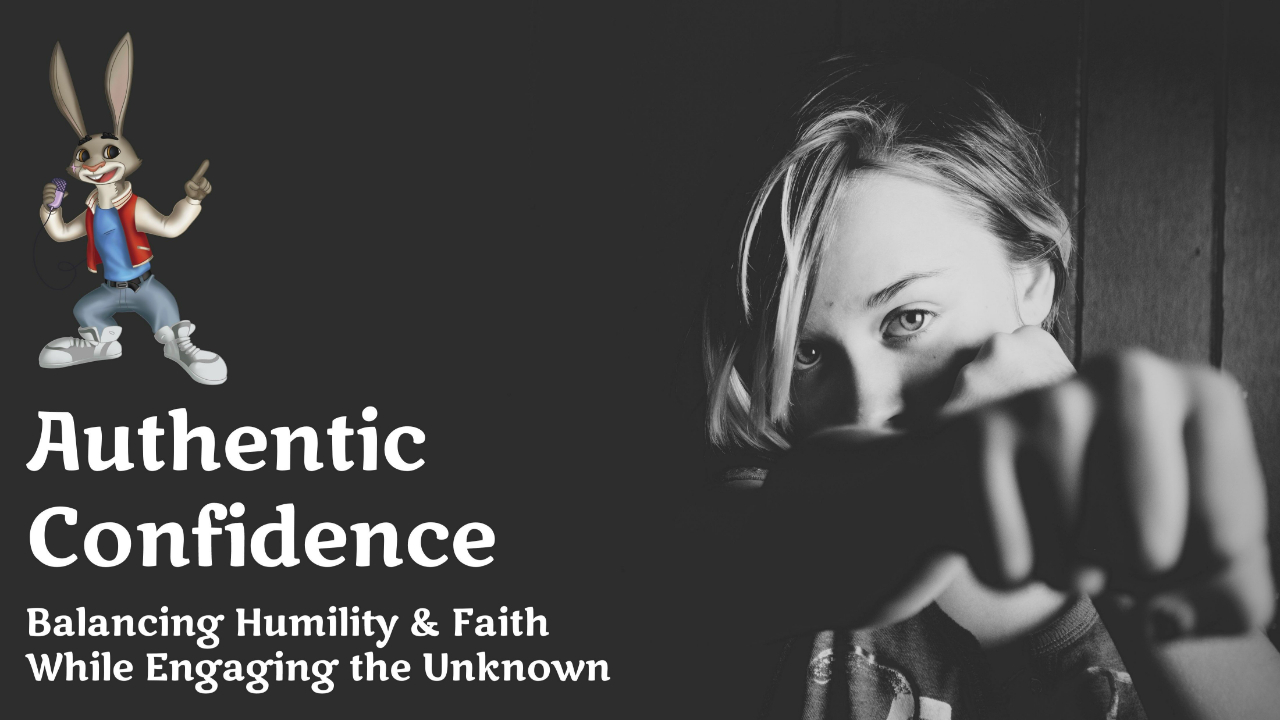
Introduction
Underlying the word “confidence,” there are a lot of questions. In general, what does it mean to be confident? How is confidence connected to humility? How does one know when one is bordering on overconfidence, and how does one know if the confidence that one experiences is authentic? How does one find a kind of confidence that is connected to reality?
These are just some of the questions that can be raised in relation to confidence. Originally, the word comes from the Latin "confidentia," which means "full trust or belief." Literally, it can be broken down into “con-” (with), and “-fidence,” (from the same root as fidelity, indicating a high degree of faith). When someone is confident, what is it that that person develops such a high degree of faith in?
Showing up as a fully integrated, fully expressive version of yourself regardless of the external circumstances is an aim that can be pursued throughout the entirety of your life. The following sections will cover a wide range of confidence-related topics to prompt self-reflection and potential areas of focus that can accelerate personal transformation.
Life Lessons about Confidence
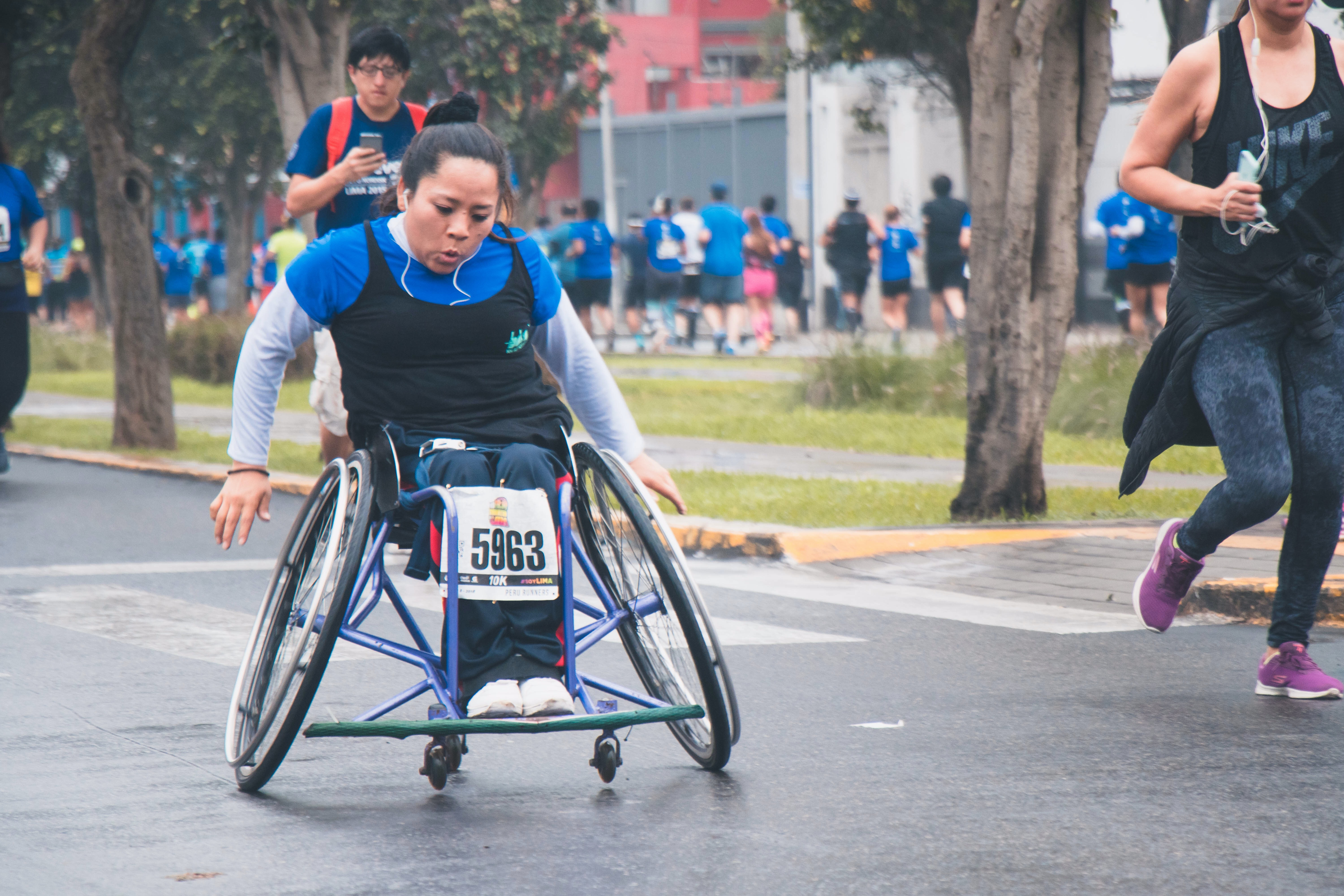
“Developing confidence” is something that is mentioned to perhaps every child. For parents, teachers, coaches, religious and spiritual leaders, and other authority figures, it is one of the messages that is preached most regularly. What are the most common lessons that are offered? And how does this translate into adulthood? Below are several examples of common confidence-related concepts:
Believe in yourself and your abilities
In short, do you trust that you can accomplish what you set out to do? Are you willing to take on bigger and bigger challenges to discover what talents and possibilities inside you are waiting to be developed? How does your willingness to grow, explore, and cultivate new aspects of your being evolve as you age? Trusting yourself to handle the unknown requires experience doing so, and voluntarily placing yourself in those types of situations often requires sacrificing your comfort and convenience for something more fundamental.
Learn from failure
Are you afraid of failure, or do you embrace it as an opportunity to learn and grow? What have been your biggest failures? What insights have they provided? When was the last time you failed at something that was meaningful to you? What is your process for accepting mistakes and using them to generate positive outcomes?
Speak up and communicate effectively
How clearly and assertively do you express yourself, and how frequently do you ask directly for what you want? What do you do to try to manage others’ judgment? When do you criticize yourself in ways that weaken rather than strengthen your communications? When do you remain quiet when it would be beneficial for you to contribute? When is your speech overbearing or disconnected in a way that denies you the opportunity for feedback and growth?
Take risks
How often do you step outside of your comfort zone to try new things? How do your thoughts and beliefs impact your willingness to engage certain situations or possibilities? How do you define “rewards,” and how do you relate them to risk? In general, what are you willing to risk it all for, and how often do you act in accordance with those principles?
Embrace change
How do you respond when something unexpected happens, or when a part of your life changes in a significant way? How quickly do you adapt? In the cases where you have trouble moving forward, what part of you is it that’s stuck? In what areas of your life do you try to prevent change from happening? What aspects of life do you wish would change to align with what you believe is best?
Summary
Developing confidence is a lifelong pursuit that involves repeatedly responding to the challenges you experience in ways that result in greater internal coalescence. All can benefit from re-examining their sense of confidence and purposefully testing it in relation to the guidance provided above.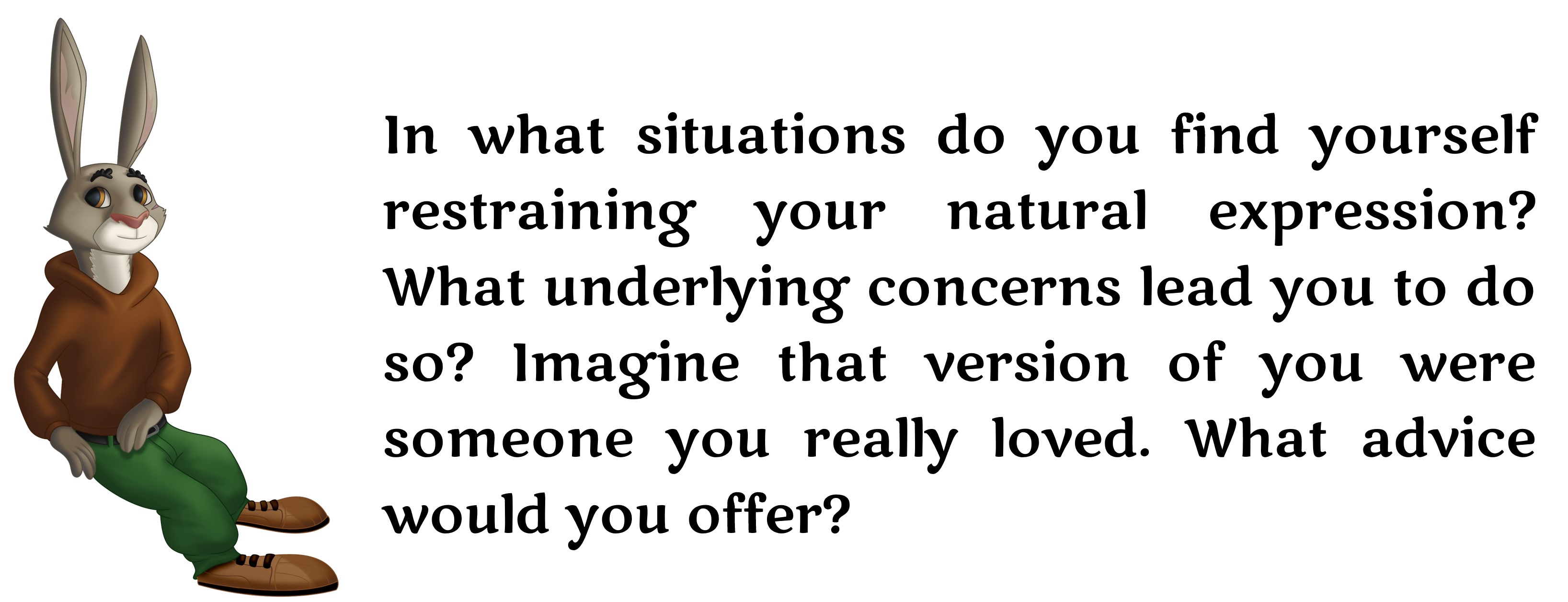
Poems about Confidence

Poetry can be a wonderful source of inspiration when it comes to tapping into feelings of confidence internally. Three poems stand out for their ability to transmit deeply confident vibes.
"Invictus" by William Ernest Henley
Out of the night that covers me,
Black as the pit from pole to pole,
I thank whatever gods may be
For my unconquerable soul.
In the fell clutch of circumstance
I have not winced nor cried aloud.
Under the bludgeonings of chance
My head is bloody, but unbowed.
Beyond this place of wrath and tears
Looms but the Horror of the shade,
And yet the menace of the years
Finds and shall find me unafraid.
It matters not how strait the gate,
How charged with punishments the scroll,
I am the master of my fate,
I am the captain of my soul.
"The Road Not Taken" by Robert Frost
Two roads diverged in a yellow wood,
And sorry I could not travel both
And be one traveler, long I stood
And looked down one as far as I could
To where it bent in the undergrowth;
Then took the other, as just as fair,
And having perhaps the better claim,
Because it was grassy and wanted wear;
Though as for that the passing there
Had worn them really about the same,
And both that morning equally lay
In leaves no step had trodden black.
Oh, I kept the first for another day!
Yet knowing how way leads on to way,
I doubted if I should ever come back.
I shall be telling this with a sigh
Somewhere ages and ages hence:
Two roads diverged in a wood, and I—
I took the one less traveled by,
And that has made all the difference.
"If" by Rudyard Kipling
If you can keep your head when all about you
Are losing theirs and blaming it on you;
If you can trust yourself when all men doubt you,
But make allowance for their doubting too:
If you can wait and not be tired by waiting,
Or, being lied about, don't deal in lies,
Or being hated don't give way to hating,
And yet don't look too good, nor talk too wise;
If you can dream - and not make dreams your master;
If you can think - and not make thoughts your aim,
If you can meet with Triumph and Disaster
And treat those two impostors just the same:.
If you can bear to hear the truth you've spoken
Twisted by knaves to make a trap for fools,
Or watch the things you gave your life to, broken,
And stoop and build'em up with worn-out tools;
If you can make one heap of all your winnings
And risk it on one turn of pitch-and-toss,
And lose, and start again at your beginnings,
And never breathe a word about your loss:
If you can force your heart and nerve and sinew
To serve your turn long after they are gone,
And so hold on when there is nothing in you
Except the Will which says to them: "Hold on!"
If you can talk with crowds and keep your virtue,
Or walk with Kings - nor lose the common touch,
If neither foes nor loving friends can hurt you,
If all men count with you, but none too much:
If you can fill the unforgiving minute
With sixty seconds' worth of distance run,
Yours is the Earth and everything that's in it,
And - which is more - you'll be a Man, my son!
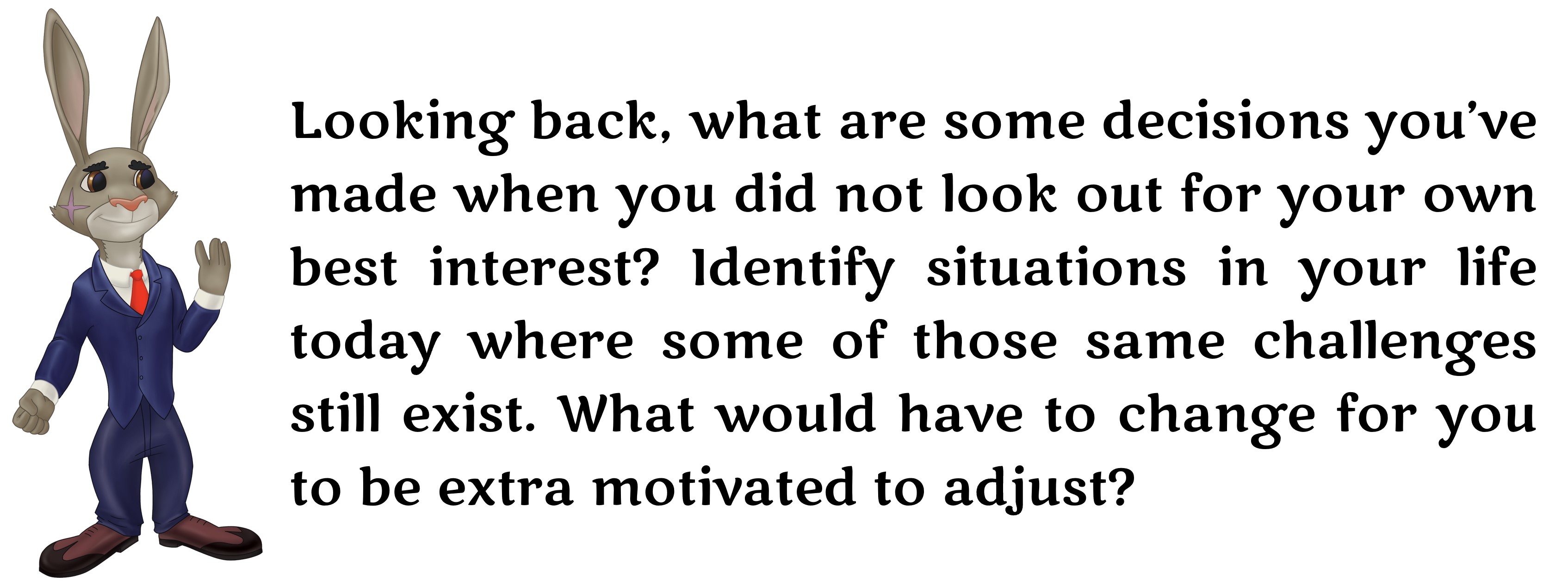
Balancing Humility and Confidence

\At first glance, humility and confidence might seem to be in opposition to each other, but each is strongest when the other is present in its truest sense. Life blesses individuals with tremendous power and potential to make meaningful contributions, and it also true that that individual power pales in comparison to that of the greater whole. Maximizing one’s own abilities while continuing to properly acknowledge the forces that are so much larger requires constant refinement. Below are some tips that can facilitate that process.
Recognize your strengths and weaknesses
Take full responsibility for the skills and qualities you’ve developed that allow you to provide beneficial service, and openly admit that (a) you don’t have all the answers, and (b) there are many others who are more skilled than you are in the countless dimensions of life that exist.
Be open to feedback
Seek out feedback from others and be open to constructive criticism. This can help you see things from different perspectives and improve your understanding of your own limitations.
Practice gratitude
Being grateful for what you have and for the opportunities you've been given helps you stay grounded, which is critical for maintaining inner stability while navigating life’s variability.
Learn from others
Humility is not about putting yourself down, but about being open to learning from others. Seek out mentors and role models who can teach you new skills or offer guidance. Be appreciative for their willingness to share their insights in ways that promote your growth.
Listen actively
Respect others when they are speaking and focus on taking in their communication through your full body, not just your mind. Go beyond the words to receive the vibes that are underneath them. This can help you build deeper relationships and stronger connections.
Avoid comparison
Comparing yourself to others can make you feel inadequate or arrogant. Instead, focus on self-improvement and personal progress.
Overall, balancing humility with confidence is about being aware of your own strengths and limitations, being open to feedback and learning from others, and focusing on the areas in which you can grow.
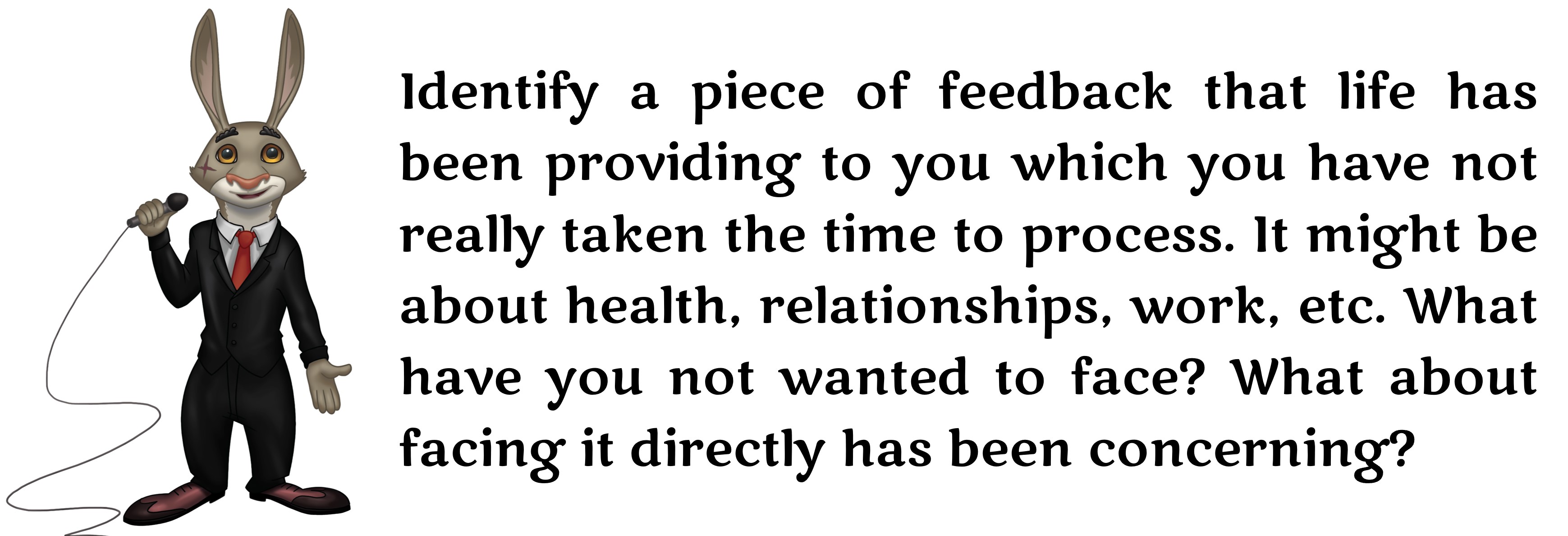
The Goldilocks Confidence Issue

Confidence is challenging in that both too much and too little can result in suboptimality. How do you find the amount that’s “just right”? Below are some tips for diagnosing and addressing both overconfidence and under-confidence.
Guarding Against Overconfidence
Sometimes, what one describes as “confidence” is actually overconfidence, in the sense that there is not enough respect for that which is outside of one’s control. Individuals can develop great power and influence, but, ultimately, they will always be extremely vulnerable to the unknowns and uncertainties life contains.
If you find yourself underestimating risks (and making decisions that lack the appropriate amount of caution given the situation), ignoring feedback (and failing to accept and develop one’s weaknesses), being dismissive of others (and assigning higher value to your own ideas than those of others), feeling overoptimistic (believing a positive outcome is more likely to happen because of a limited view on reality), or refusing to admit your mistakes (often by blaming others or life in general), then it may be worth spending time in reflection to give yourself a chance to see how you are being with a higher degree of clarity.
Guilt, Regret, and Rebuilding Confidence
Guilt and regret are powerful emotions that negatively affect confidence and self-esteem. Knowing you have caused unnecessary pain for yourself and for others, or that you have missed opportunities which will not present themselves again, can be difficult to process psychologically while maintaining a belief in yourself and your ability to deliver good in the future.
If you find yourself in such a situation, it can be helpful to acknowledge and accept your feelings (suppressing, ignoring, and/or dwelling on them will only prolong the time needed to heal and strengthen), take responsibility for your actions (fully embrace the process of making amends), forgive yourself (give yourself room to have flaws, even serious ones, and recognize your ability to be supportive of others in spite of them), practice self-compassion (treat yourself the way you would a dear friend or family member), and commit to getting back on track (put together a plan that will guide your recovery).
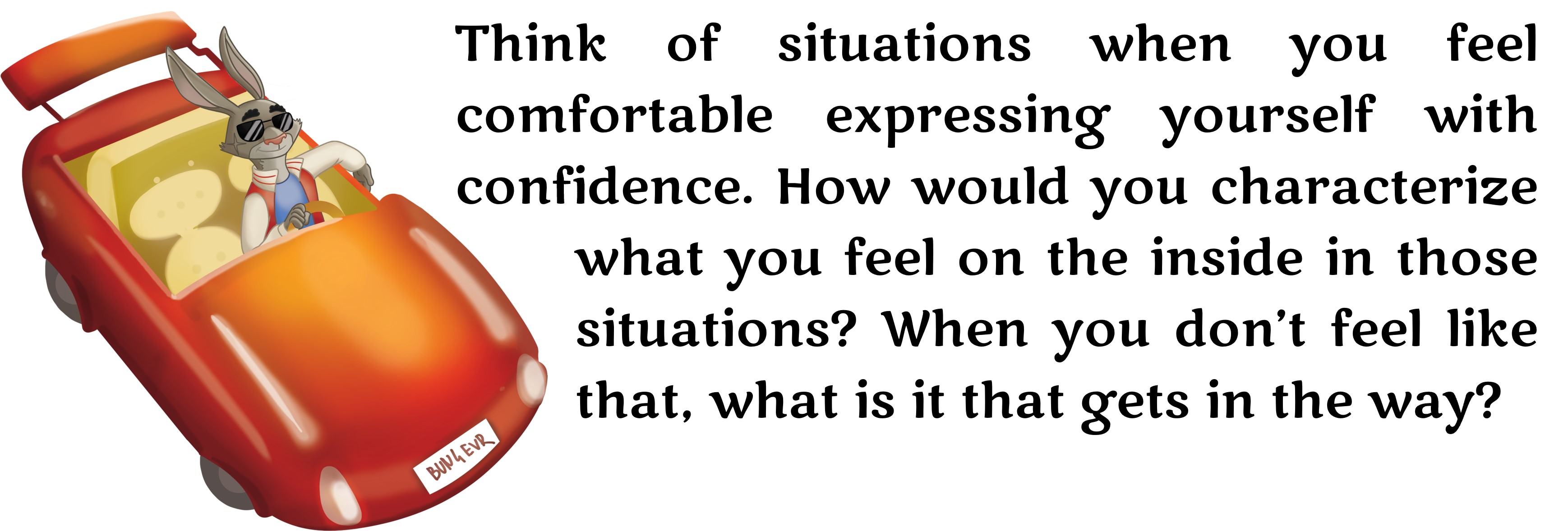
Parables about Confidence

Certain stories with insights about confidence have remained relevant for all cultures and throughout time. Below are four examples:
The Little Engine That Could
A small train engine repeats the phrase "I think I can, I think I can" as it struggles to pull a heavy load up a steep hill, showing that determination and positive thinking can overcome obstacles and lead to success.
The Boy Who Cried Wolf
A boy repeatedly tricks villagers into thinking a wolf is attacking his flock, only to be ignored when a real wolf comes, showing that deception erodes others’ confidence and causes separation rather than togetherness.
The Emperor's New Clothes
A vain emperor is convinced to wear a "magical" suit of clothes that is invisible to the incompetent, but, in reality, he is naked, showing that overconfidence and vanity can lead to being deceived and that it's important to listen to critical feedback.
The Self-Fulfilling Prophecy
Found in different forms in many stories, this concept suggest that beliefs and expectations influence actions and outcomes, implying that positive thinking can shape reality beneficially and increase the likelihood of success.
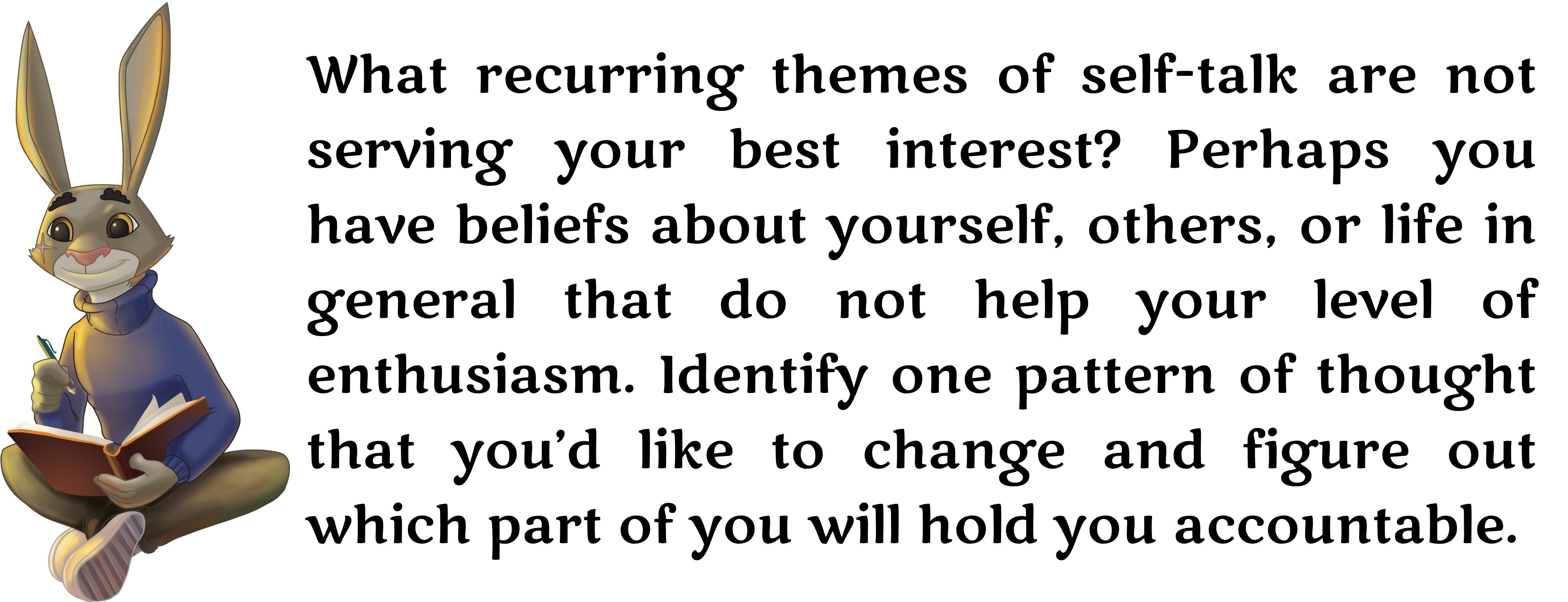
Tips to Gain Confidence

Practically, what can you work on each day to develop a deep level of authentic confidence? Below are some tips that can help you gain momentum.
Set realistic goals
Give yourself mini-challenges each day, and crush them. Go on a personal winning streak, even if the “wins” are smaller in nature. The more you can hold yourself accountable to your own commitments, the more you can prove to yourself that you are worthy of your own respect, the more confidence you will cultivate.
Practice positive self-talk
Closely monitor the voice in your head, including what it is saying at a subtle level. When you notice it going into a space that is not supportive, do something proactive to change your vibe. Move. Stretch. Breathe. Find motivation by connecting with the part of you that cares about breaking past your own self-judgments and criticism. Commit to winning the battle about what kind of communication is allowed inside of you.
Surround yourself with supportive people
Think of people in your life who are (or have been) supportive of you who you have not connected with on a regular basis, and take steps to stay in touch more regularly. Similarly, if there are those who draw you into patterns of behavior that are not in your best interest, find ways to reduce those interactions. Stand up for the best parts of yourself by beneficially influencing the environment in which you exist.
Take care of yourself
Prioritize your well-being. The more you eat healthy, sleep well, exercise regularly, and nurture a supportive mindset, the more you will trust yourself to handle the challenges that life brings.
Take action
Make the first move into the unknown or uncomfortable, and have faith that you will be able to handle any difficulties that arise. Find a willingness within you to keep engaging that which is unfamiliar with personal empowerment and ease.
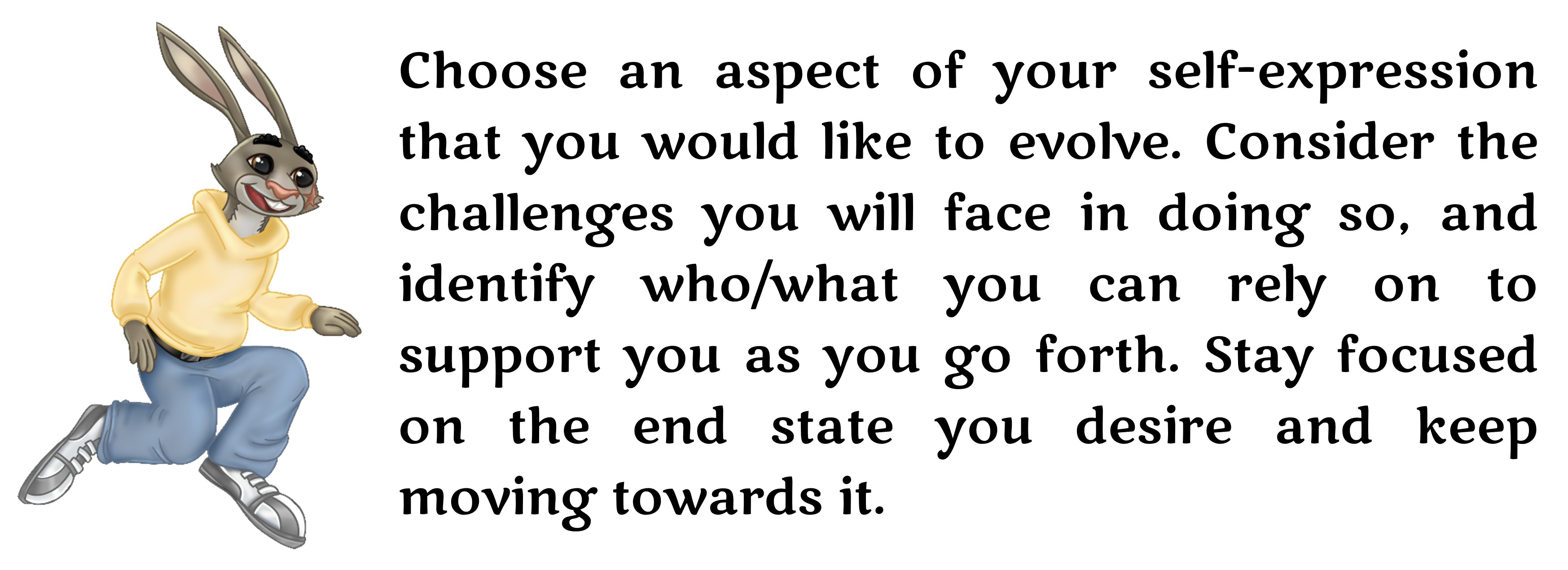
Conclusion
Never stop training your confidence, and use your own progress, especially in relation to the major obstacles that you’ve had to overcome, to inspire others facing similar challenges to do the same. By sharing openheartedly, you can provide the spark that reminds others of their own power to heal and contribute.
Related Aim & Conquer Social Media Awareness Prompts

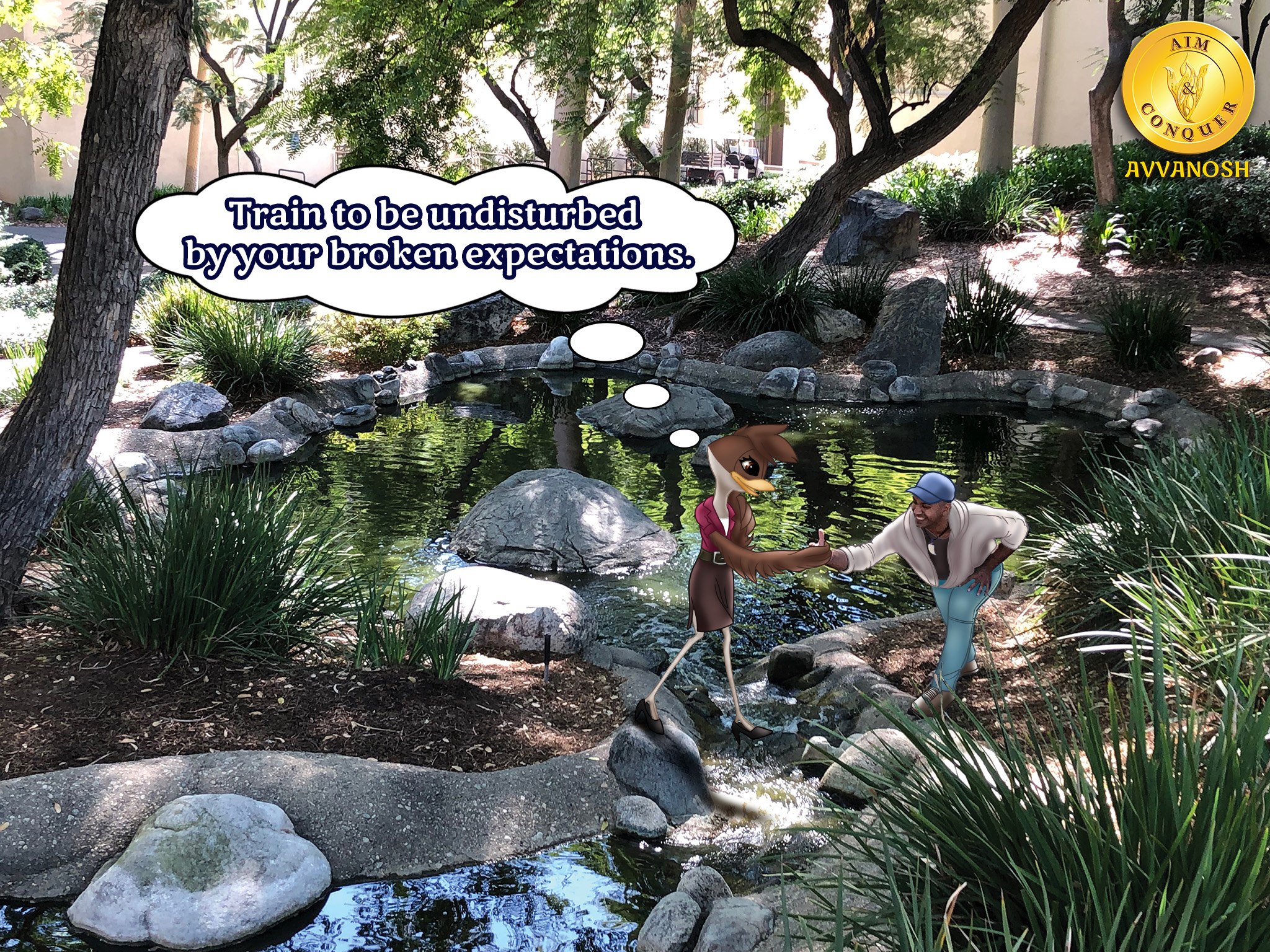
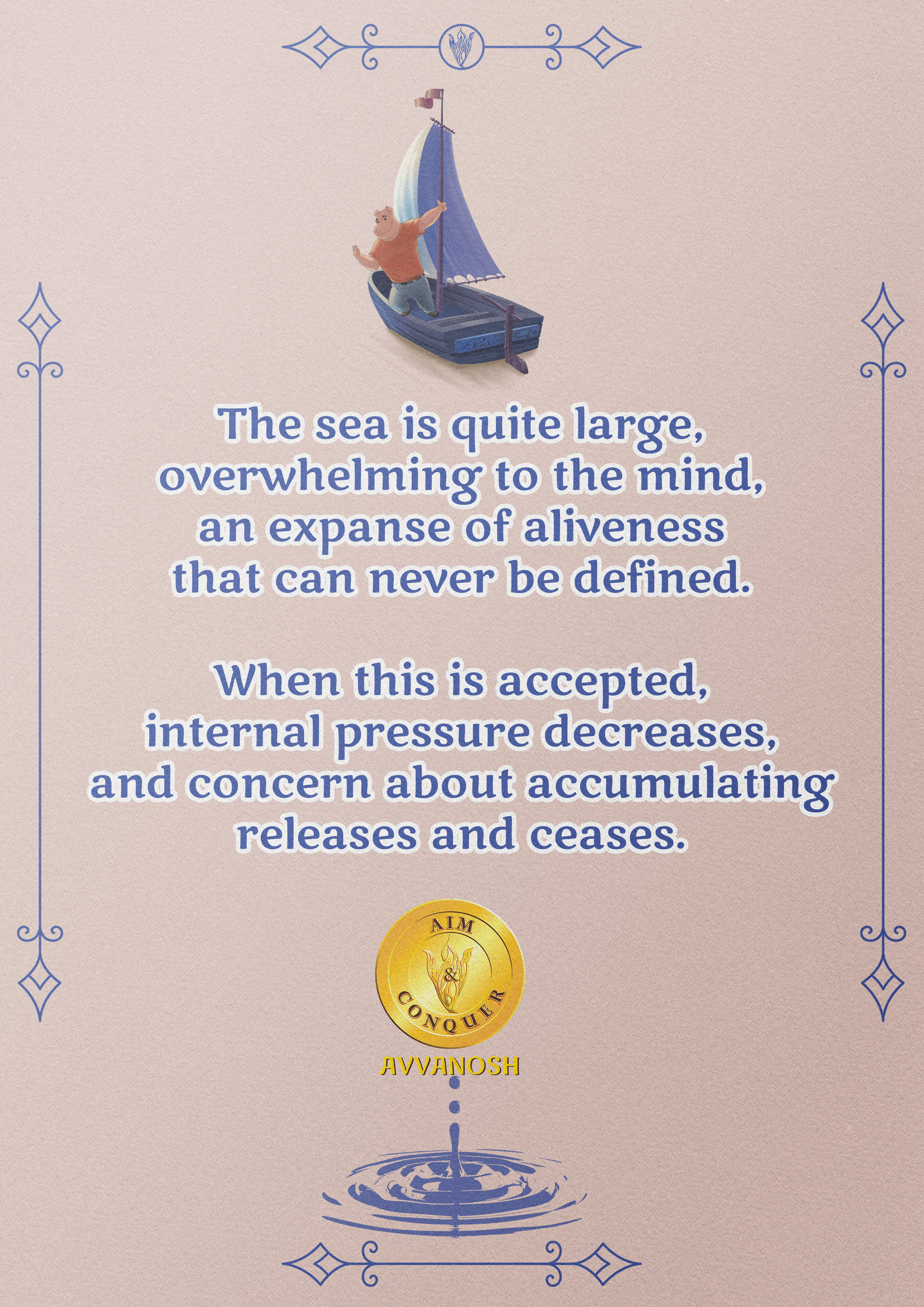
Are you interested in learning more about ways to manage the stress you and your team experience at work? Click below to sign up for Aim & Conquer's newsletter and to receive a free reflection on "healing in-tensions" that can support efforts to reduce stress.

